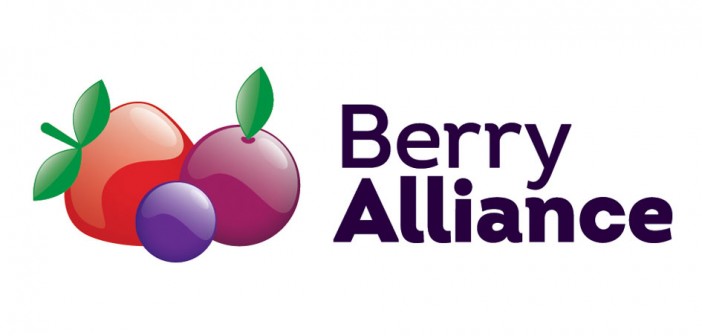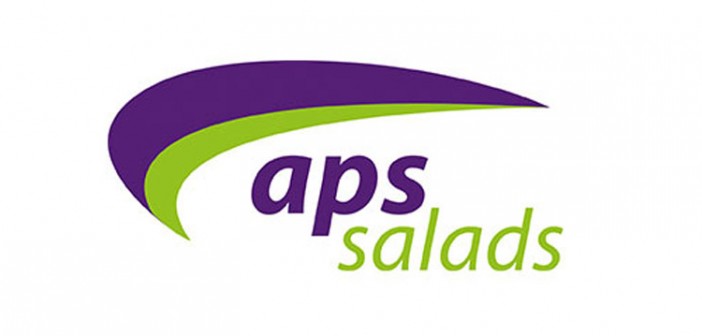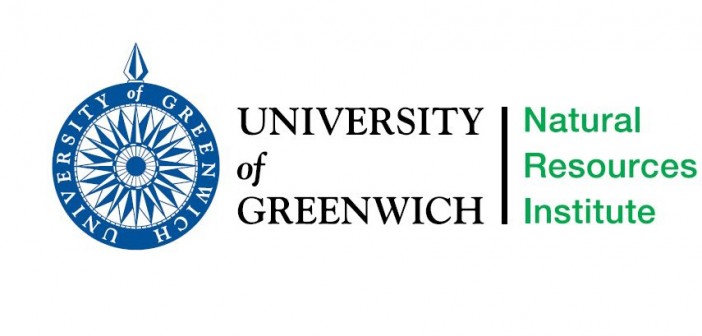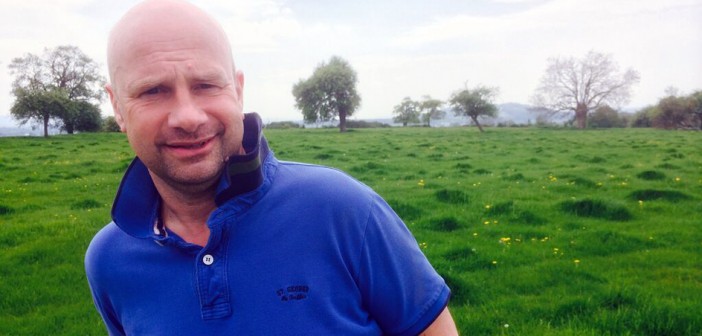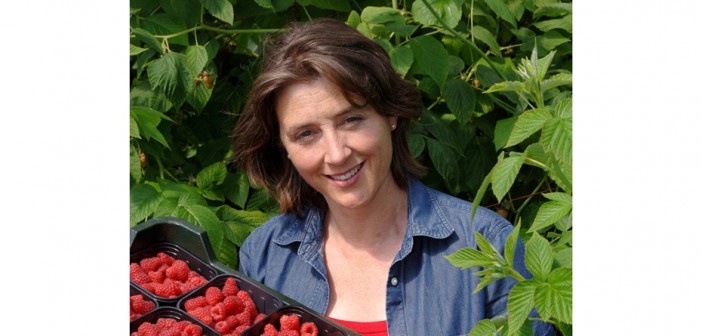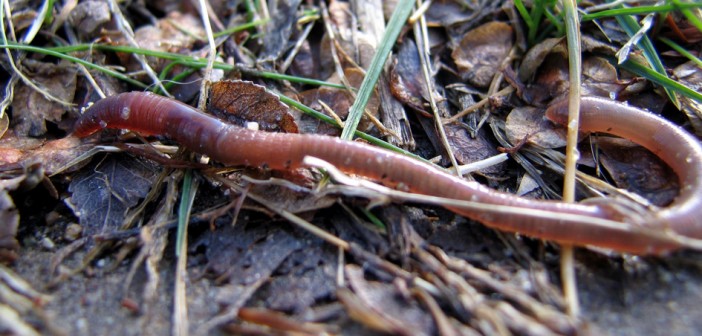The European Association for Potato Research (EAPR) has announced further details of its Post Harvest Section meeting which will be held at the end of June in Wageningen in The Netherlands.
EAPR is inviting contributions on a range of post-harvest topics, but some of the key issues it hopes to investigate include: the needs of the fresh and/or seed potato market for control of storage diseases or to address trade barriers; and how to reduce waste and losses. Another topic will consider fresh market requirements in terms of residues, quality parameters and factors affecting shelf‐life and what can be achieved by changing storage practices?
The meeting will be held on the 29-30 June. To register your interest in the meeting or for any other enquiries please email info@eapr-postharvest.eu.
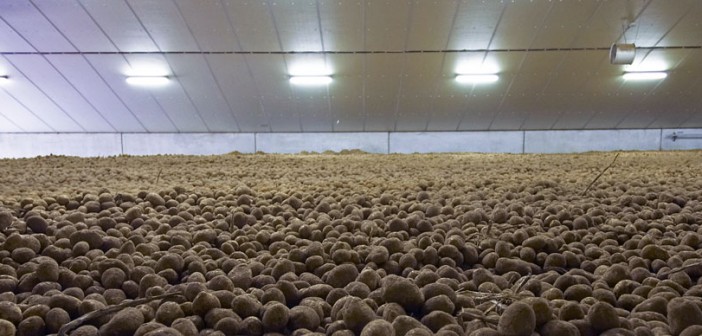
Photo Credit: Wikipedia Commons
The post EAPR announces Post Harvest Meeting appeared first on Hort News on 23 Feb 2016.
